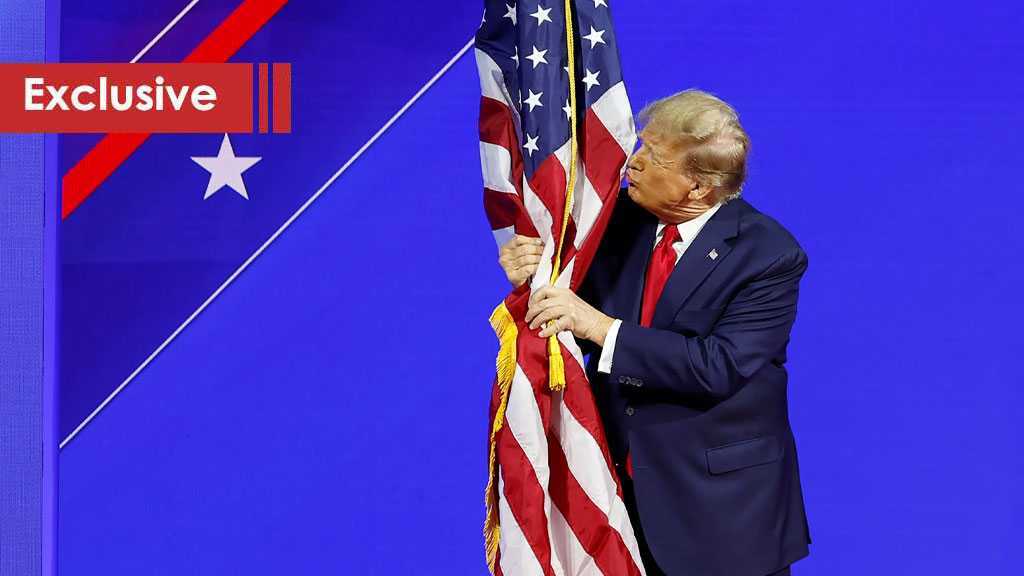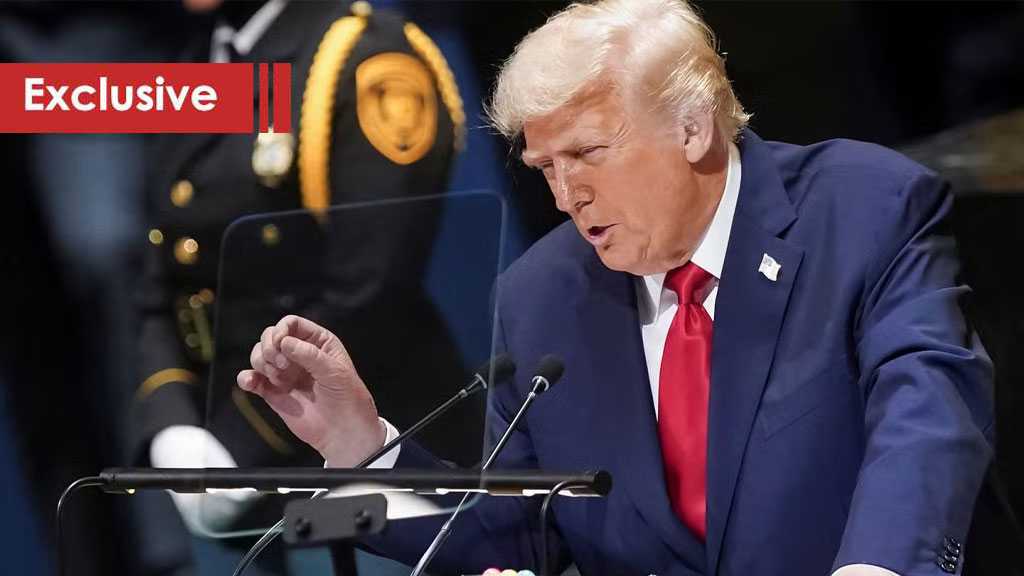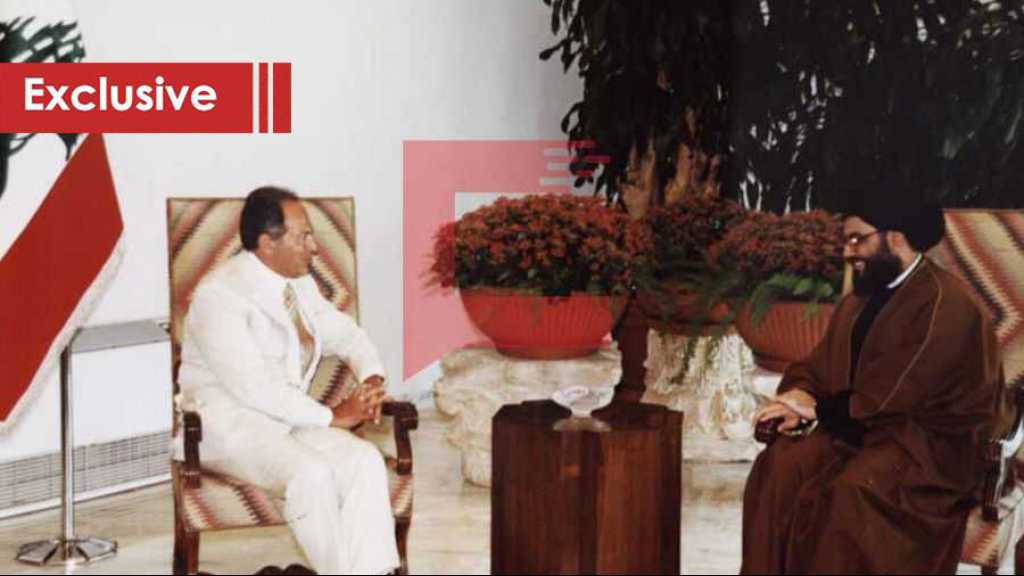What Remains of American Democracy Under Trump?

By Mohamad Hammoud
From “America First” to “Israel” First
Donald Trump came to power with a promise to end America's wars in the Middle East. He criticized his predecessors for wasting lives and trillions of dollars on foreign interventions that did not serve the nation's interests. His slogan, “America First”, signaled a new era of restraint and a focus on national sovereignty.
But in June 2025, less than a year into his second term, Trump broke his promise. Without Congressional approval, public debate, or any legal justification, he ordered US airstrikes on Iran's nuclear facilities. This action risked a catastrophic regional war and violated both US and international law. The man who had campaigned as a peace candidate embarked on the same path he once condemned—this time, in service of a foreign agenda.
Illegality at Home and Abroad
Trump's actions were illegal on two fronts.
Domestically, he violated the War Powers Resolution of 1973, which requires the president to consult Congress before initiating hostilities likely to lead to sustained conflict. Trump bypassed Congress entirely.
Internationally, the strike breached Article 2(4) of the United Nations Charter, which prohibits the use of force against the territorial integrity or political independence of any state—except in self-defense or with Security Council authorization. Iran posed no immediate threat, and no such approval existed. The strike was not defensive. It was political.
And Trump knew the stakes. Iran had repeatedly warned that any attack on its nuclear infrastructure would be treated as a declaration of war. By authorizing the strike, Trump risked setting the entire region aflame. It was a reckless decision not for American security—but to satisfy foreign pressure.
The “Tel Aviv” Factor
The real driver behind the strike lay outside US borders. For years, "Israel" had carried out escalating operations against Iranian assets in Syria, Iraq, and Lebanon. When Iran finally responded by striking deep into "Israeli" territory—targeting military and economic sites—the illusion of Zionist invincibility was shattered. Prime Minister Netanyahu, facing political backlash, demanded American military intervention.
At first, Trump hesitated. He floated diplomacy. But the pressure from Tel Aviv and its US allies was immediate and overwhelming. AIPAC—the pro-Israel" lobby that had poured millions into Trump's campaigns and the Republican Party—wanted action. Trump, despite his earlier reluctance, obeyed.
The man who promised to put America first acted instead to please Netanyahu. It was no longer a sovereign decision. It was political repayment.
Foreign Policy for Sale
Trump's betrayal in June 2025 was not an isolated event—it was the culmination of a presidency increasingly shaped by foreign interests. He had already moved the US embassy to Al-Quds ["Jerusalem"], pulled out of the Iran nuclear deal, recognized the annexation of Syrian land and offered unwavering support for "Israel's" occupation of Palestinian territory.
But with the Iran strike, he crossed a new line: using American military power to serve another nation's agenda without input from the American people. It exposed what many had long feared—that US foreign policy, especially in the Middle East, is no longer driven by national interest or democratic debate but by lobbyists and political donors.
Criticism of "Israel" had already been marginalized in public discourse. Under Trump, it became career-ending. Dissenting voices in media, academia, and even Congress were silenced or smeared. Policies weren't debated—they were dictated, not from Capitol Hill but from Tel Aviv.
Democracy in Freefall
This foreign capitulation mirrored Trump's domestic record. Throughout his presidency, he showed open contempt for constitutional limits. He bypassed Congress through executive orders, defied judicial rulings, and enforced inhumane immigration policies in defiance of court orders. He used federal agents to suppress peaceful protests and smeared the press as "enemies of the people"—language straight from the authoritarian playbook.
Trump was impeached twice—first in 2019, then in 2021. Yet both times, the Senate refused to convict. His impeachment trials exposed a system either too divided, too partisan, or too compromised to hold him accountable. The message was unmistakable: a president could abuse power, ignore the law, and serve foreign interests without facing consequences.
What remained was the shell of a republic—elections, courts, institutions—but hollowed of meaning. Power was no longer constrained. Accountability was optional. The rule of law was a performance.
Conclusion: Only the Illusion
Trump didn't just betray his promises—he exposed the truth behind American democracy that its checks and balances can be sidestepped. That its foreign policy is for sale. That even a president who runs on peace can be bought, bullied, and dragged into war by a foreign government and its lobbyists.
The strike on Iran revealed more than the fragility of peace. It showed the fragility of sovereignty. When no president—Democrat or Republican—can challenge AIPAC or alter US policy toward "Israel," then American foreign policy is no longer American. It is subcontracted.
And what remains of democracy when decisions of war and peace are made in Tel Aviv, not Washington?
Only the illusion.




